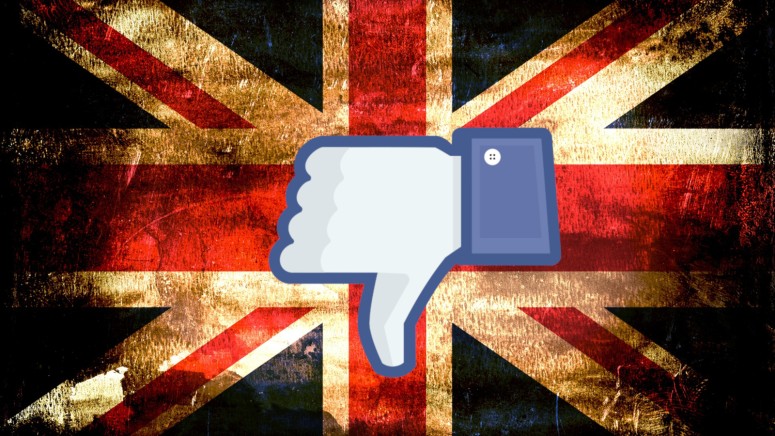
UK Lawmakers Committee Suggests a Stricter Regulation of Facebook
- UK lawmakers committee has no hope that the situation can change if things are left to Facebook’s facility.
- The main proposal is to create an independent regulatory body that will contain, control, and manage key operational aspects of tech giants.
- The report highlights the emergency of implementing the main points of the summary, as things are already out of control.
The UK Digital, Culture, Media and Sports Committee has been investigating Facebook on the matters of privacy protection and fake news distribution for the past 18 months. The final report has just been published, and the summary is bashing Facebook, describing how the social media platform has repeatedly failed to ensure responsible management of their users’ data, while also contributing to their misinformation. The committee suggests that regulations must be established to control big tech companies, overview their operations through the objective lens of an independent body, and have the governments actively protect their people instead of relying on ever-breaking CEO promises.
According to the report, Facebook has knowingly and intentionally violated both data privacy and anti-competition laws, so there’s no question on how they plan to grow further, or how they see (and treat) smaller companies and developers who rely on them to make a profit. It is clear that the committee sees no future in this, and they even give an urgency tone with parts like “democracy is at risk from malicious citizen targeting with disinformation”. A radical proposal is the only way to turn things around, and this proposal manifests in the creation of a social media regulatory body.
This independent body would be able to launch legal action against tech companies that deviate from the designated guidelines and to compel social media platforms to take down sources of content that are proven to be harmful or misleading. Moreover, it would be responsible for the development and introduction of a “Code of Ethics” that will be compulsory for all tech companies that are placed under its regulative umbrella. Elections and the effect of misinformation in the formation of the public are not left out of the report’s scope, as examples of how actors from other countries (like Russia) use shady ads to promote their preferable message are laid out in detail.
from the commission's report
The committee believes that the current legislative context allows tech giants to move around as they please, breaking the rules and making promises that they know they won’t keep in advance. Holding apologetic press releases and sending representatives to attend trials that result in minuscule fines is the preferable way to go for companies like Facebook, so this needs to change somehow. The FTC has chosen to focus on the other side of the coin, that is by increasing the financial penalty to the billions, hoping that this will shake things up on how online data collectors and handlers do their thing. Whether this will be enough to enforce FTC’s guidelines or not remains to be seen, but the UK lawmakers are taking a different path as they have lost all trust in fining.
Which of the two approaches would be the most effective in your opinion? Let us know of your comments in the section beneath, and don’t forget that you can always do the same with our social community on Facebook and Twitter.








